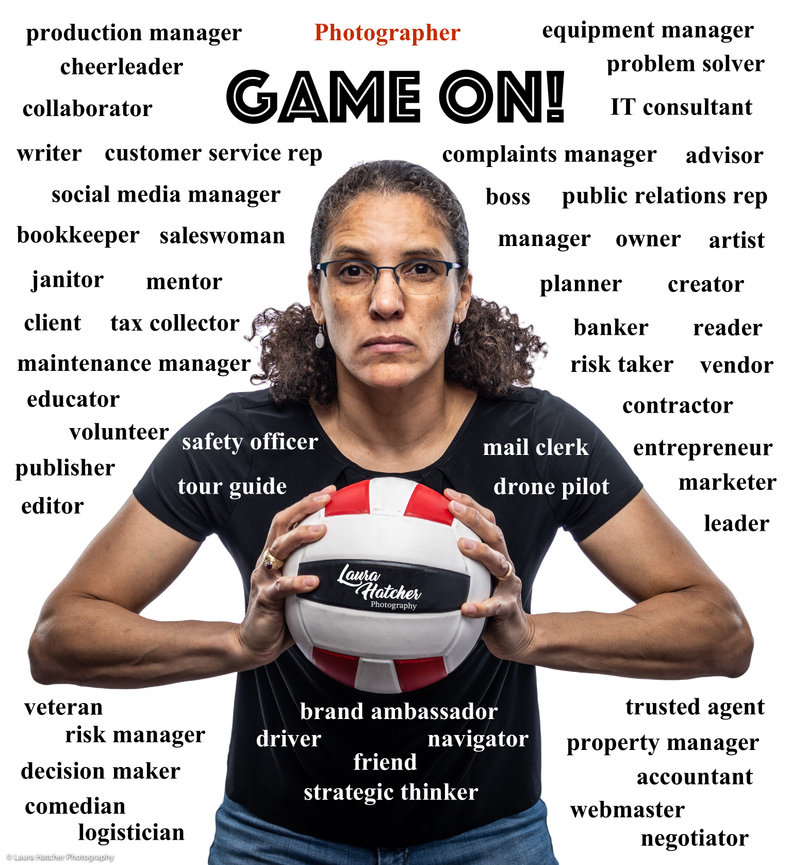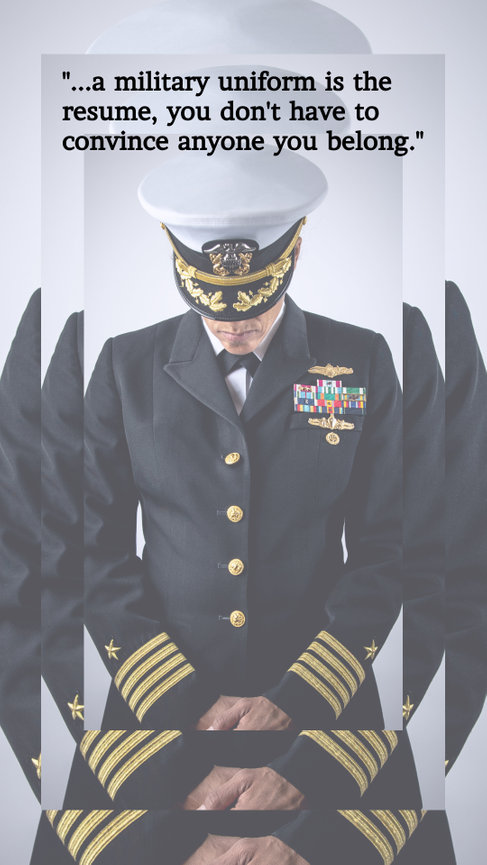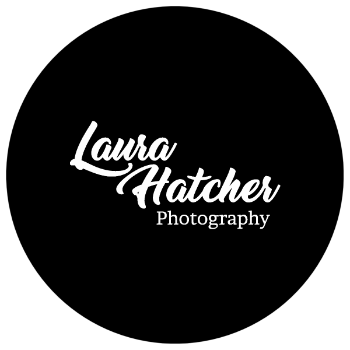
Three years ago I decided to work full time as a small business owner and professional photographer. Little did I know the emphasis would be on "small and business and full time" rather than "photographer."
Opening a small business stems from having a passion to do something we truly enjoy. For me, it was about departing my life-long, institutionalized existence with the United States Navy, and finally doing something on my own terms. My military childhood and career provided me a roadmap to navigate the entrepreneurial journey, while my military pension and benefits allow me to comfortably pursue my passion.
While I'm not making the "big bucks" in the C Suite or with a government agency, I am happy with my decision to step off the hamster wheel. Success is defined in many ways, and having a high paying job, with high stress, long hours and bureaucracy is not my definition of being successful. My military transition experience didn't emphasize that component much, and it felt like there was an expectation to go corporate, be a contractor or go home.
If the future me had advice for the transitioning me, I would have quite a few things to say, like be careful what you wish for, because let's face it, most solopreneurs, don't realize that putting on that business hat comes with more roles than we may be prepared for.
Over the last few years of being a full time small business woman, I have learned some valuable lessons.
1. Your inner bully is only powerful if you listen.
Some of us suffer from "Imposter Syndrome," which is the feeling that you are a fraud or that someone is suddenly going to call you out in front of others for not being qualified. I noticed my inner bully was loud and clear when I first started calling myself a "professional photographer" (and the voice still lurks around as we speak.) I routinely had a sense that those who truly knew me as the career Naval Officer wouldn't believe that I had skills to do anything other than that. I would hear an emphasis in the voices that would say "you are only doing that, but you have so much more to give." (Was that a back handed compliment?)
The first step was to believe in myself. When we wear the military uniform, first impressions stem from your rank, your ribbons and qualifications and your professional demeanor. For the most part, until you open your mouth, a military uniform is the resume, you don't have to convince anyone you belong.

Now my brand and the digital images I produce are my resume, but unlike the uniform, photography images appeal to each consumer differently; it's very subjective. For example, I had to learn how to not overthink my clients' reaction or lack of response. Not responding to an email doesn't mean they hate my images, it means they have a life or an out of control inbox (like me!) I've learned the art of positively following up, and sometimes it takes five to six emails, but that's okay. I have also taught myself to close the door to my inner bully who thinks I'm being ghosted, when in fact the client had an emergency and went out of town.
And to those who think we are "just a photographer" check out the cover photo, as I found out, there is a little more to running the show than holding a camera.
2. It's only competition if you compete.
When I first opened my photography studio in Old Town Alexandria, I felt like I was back in command. I had my own space and I could do whatever I wanted, including inviting in other photographers. My military training emphasized teamwork, and while other working photographers are competing for jobs too, they aren't competing for my job; hence they are part of my team. I've grown as an artist by seeking out other great photographers. Some of my best referrals have come from my peers. If I'm asked to photograph something out of my comfort zone, I immediately say "no thank you, but I can refer you to my friend so-and-so, they are also a great photographer, would you like me to check their availability?" As entrepreneurs we have to find our ideal clients; our brand should speak to them and solve a problem they may not realize they have. In my case, my ideal client is the same community I have served with in the armed forces. I am selling the Laura Hatcher experience, not necessarily just a photograph, so I'm not threatened by a saturated photography industry, there is enough work for everyone. It's only competition if you compete.
3. It's ok to have a bad day just learn from them, adjust and move on.
From time to time, I have bad days, and sometimes bad weeks. One disgruntled client can tend to overshadow all the recent successful sessions, if you let it. I have taught myself to pay attention to when I need to fire a client and how to diplomatically say "I don't think I can meet your expectations." Sometimes it takes a while to realize as the entrepreneur, you are in the driver's seat. Losing one client that isn't the right fit is okay, there are plenty more that won't devalue your work, or your sense of worth. The bad experiences have also been opportunities to refine my brand, or language in my contracts.
4. Complacency leads to more work.
Being a solopreneur means you own all 24 hours of your day, that's 1440 minutes you have to account for. It is very easy to lose track of time, especially when you spent most of your life having it controlled for you on that hamster wheel. For anyone who knows me, they know I hate math! Period. And as small business woman I had to learn how to be an accountant (among many other roles) until I could afford to outsource it. But even if you have the luxury of outsourcing something you hate, you still have to stay on top of the big picture. Sometimes I procrastinate reconciling my accounting books, only to learn that the longer I put it off, the more work I make for myself. As the business consultant David Allen said, "If you don't pay appropriate attention to what has your attention, it will take more of your attention than it deserves."
5. Understand your value and educate your audience.
Understanding your value as a small business owner doesn't happen overnight, it's a continuous journey. It starts with your mindset. When I first decided to start a photography business, I had doubts, so many that I put obstacles in my way to prevent myself from truly succeeding at the business. It wasn't until I removed those obstacles could I start to see the way ahead. I've learned that my clients value my time and effort because I value my time and effort. "You attract what you believe what you're worth" (Anonymous) I learned to educate my audience about what truly goes into making their images or how much time beyond the event goes into delivering the final products. After all, being a professional photographer is much more than "pushing a button."


0 Comments